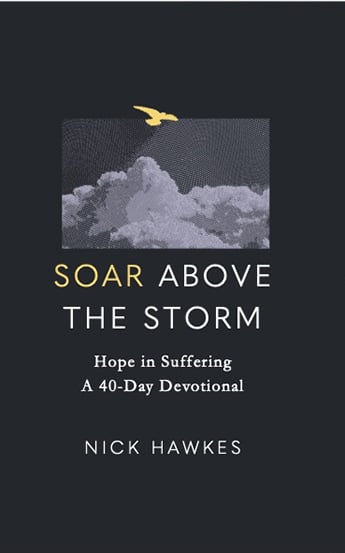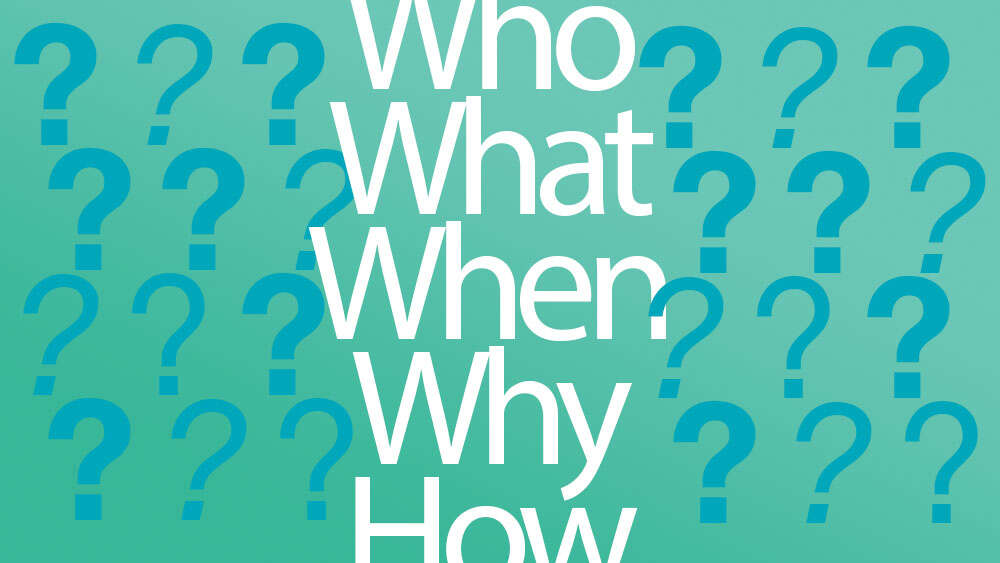OPINION
The word, “Euthanasia” comes from the Greek eu, meaning “good”; and thanatos, meaning “death”. It literally means “good death”. Sometimes, this is referred to as “mercy killing”. Euthanasia is a hot topic at the moment, so what should Christians think about it?
My father was nearly dead, dying horribly of cancer. The worst ravages of suffering were held at bay by morphine. His doctor looked me straight in the eye three days before his death and said: ‘Know that I will sign the death certificate whatever happens. Don’t stint in giving him morphine if there is need. It will probably result in your father dying of dehydration or respiratory depression.’ In other words, he was giving me permission to kill my father. Here’s the question: What would you have done in my shoes?
There are two types of euthanasia: passive euthanasia and active euthanasia. Passive Euthanasia is allowing a patient to die by withholding medication or emergency resuscitation – in other words, it is letting nature take its course. Active euthanasia is the administration of something lethal.
The Bible is silent on the matter of euthanasia. We therefore need to be careful to extract principles from it that are valid. For example, the God-given command ‘do not kill’ (Exodus 20:13) should not lazily be applied to someone who chooses to leave instructions that they be allowed to die if they get into a permanent vegetative state. This is because the biblical prohibition on killing is in the context of malice, i.e. of murdering someone. God’s command not to kill is a prohibition on:
· exerting ultimate authority over someone else’s life that you have no right to exert
· making a judgment about someone else’s life that is not yours to make
· demeaning the value of someone else, which is contrary to the value God places on them.
The Anglican theologian, John Stott, notes that there are three issues surrounding the euthanasia debate:
· Value – What value does a human life have? Are we just meaningless organisms that have made it to the top of the food chain, or have we been intended and loved by God?
· Fear – What level of fear exists that we might suffer unbearable pain, indignity or become a burden to others? This is particularly pertinent given that the quality of palliative care cannot be guaranteed universally.
· Autonomy – What right does an individual have over his or her own life? Do the sensibilities of family, friends, and medical staff count for nothing? This last factor is tricky as patients can, in a worst-case scenario, be made to feel as if they are a burden to relatives who want to be free of their responsibilities and enriched by inheritance money.
Atheism has cast a dark shadow over the euthanasia debate. The Australian philosopher, Peter Singer, believes that a human life is no more special than that of an amoeba, but his atheistic thinking did not stop him caring for his mother in a nursing home! It seemed that his head and his heart were conflicted.
The militant atheist, Richard Dawkins, once said that we should have no compunction about killing babies with severe disabilities such as Down’s syndrome. The American bioethicist, Joseph Fletcher, shares this view. He pioneered the concept of “situational ethics”.
This prompts the question: Does disallowing euthanasia (in the case of mental handicap or gross physical handicap) enfeeble humanity and place an unnecessary burden on people? This sort of thinking calls to mind the atheistic philosophy of Friedrich Nietzsche, who claimed that Christianity made humanity feeble. It is sobering to remember that the Nazis borrowed Nietzsche’s philosophy to justify their implementation of eugenics. Eugenics is the practice of improving the genetic quality of a human population by euthanizing those who are not physically perfect.
It can readily be seen that without God, people have no inherent value.
Nancy Crick, great-grandmother of six, grandmother of four, and mother of two sons, was a heavy smoker who had become convinced that she had cancer. After she had killed herself, it was found she had not got cancer at all, but simply had a twisted bowel. The “Right to Die” lobby tried to justify Nancy’s euthanasia by saying that a person is “terminally ill” if they feel they have suffered enough. They said the issue is whether a person is “hopelessly ill,” not “terminally ill.”
At the time, the columnist, Miranda Divine, wrote in the Sydney Morning Herald (30th May, 2004) making the point that such an understanding could logically result in people deciding to kill themselves because they were lonely, too fat, or depressed. She said, ‘Once you allow the state to end a life according to its quality, the potential is endless.’
I think she’s right.
So, what can we say in conclusion? Perhaps this:
· We exist because of God’s initiative. Therefore, all life should be respected.
· Suffering gives us a chance to exercise the compassion of God.
· Those who love will not want any person to suffer continually when nothing can be gained by it.
· Any decision to end a life not only impacts on an individual, but on families, on the medical profession and on society itself. No one is an island.
Respecting God and respecting others is the principle that should guide all things.

Dr Nick Hawkes is a scientist, pastor, apologist, writer and broadcaster. He also describes himself as an absent-minded, slightly obsessive man who is pathetically weak due to cancer and chemo, who has experienced, and needs to experience, the grace of God each day.
Nick has written a book Soar above the Storm in which he draws on his experience of cancer to encourage anyone walking through a storm in life to find rest and hope in God. It offers a 40-day retreat to be refreshed and strengthened and find deep peace in God. Order it at Koorong.
He blogs and records podcasts at nickhawkes.net
Nick told his life story to Eternity here: Deadly storms, heroin addicts, cancer and my faith.
Email This Story
Why not send this to a friend?


